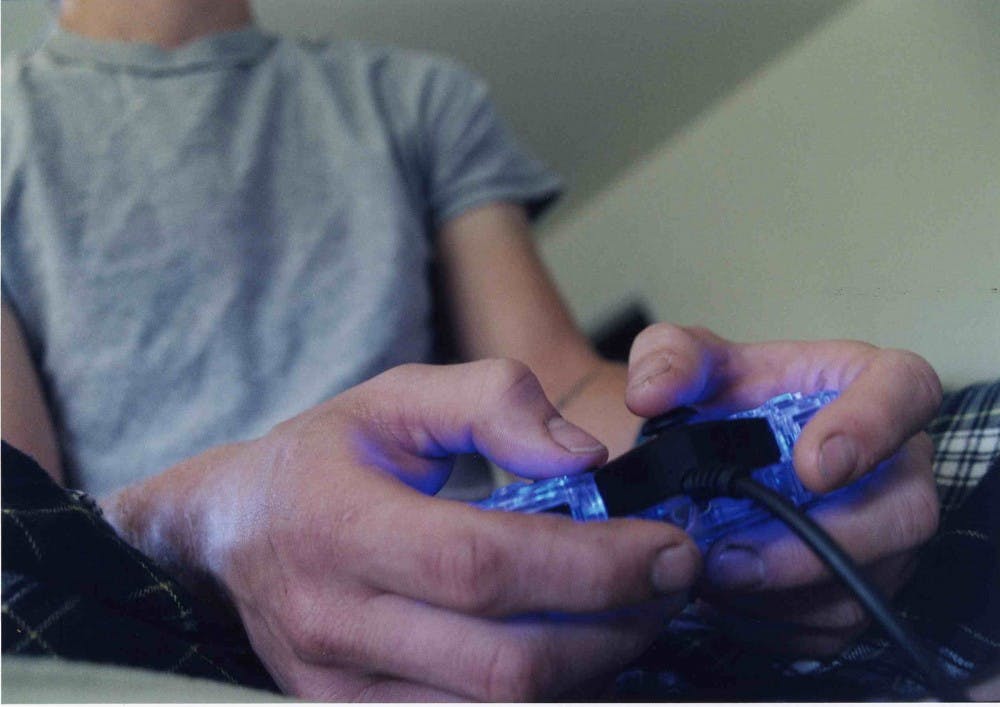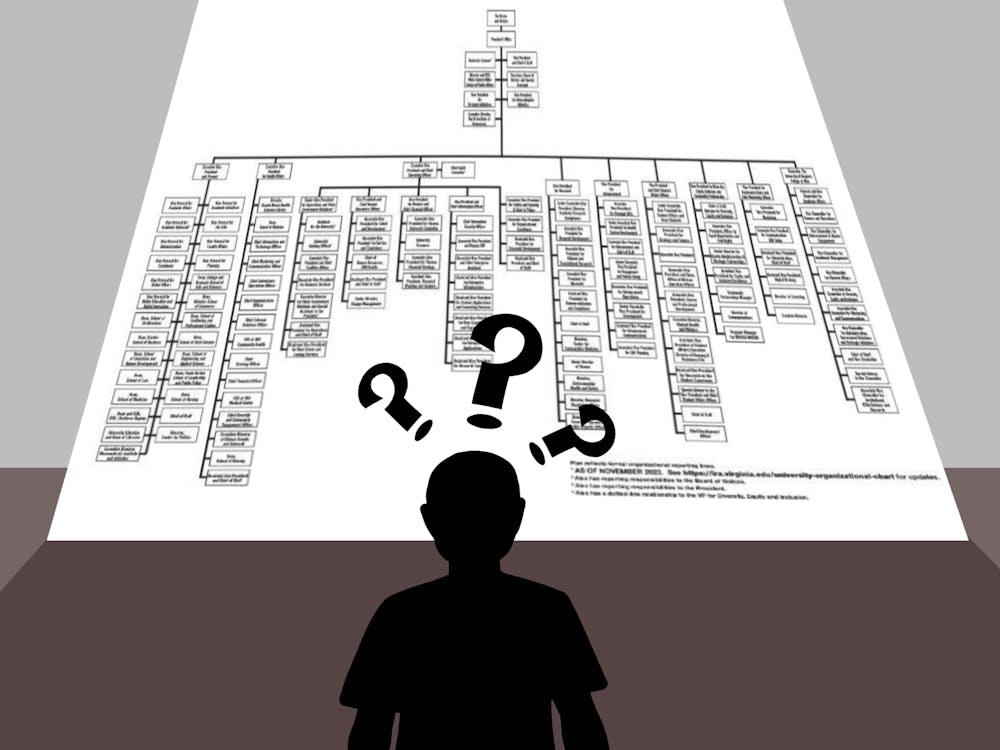Earlier this month, within the span of a day, nearly three dozen Americans lost their lives in mass shootings in El Paso, Texas and Dayton, Ohio. Like clockwork, both halves of our polarized, political dichotomy attempted to craft their own narratives, with large swaths of the GOP choosing to target violent video games and internet culture. This right-wing media frenzy demonstrated a lot of sway on individuals and corporations alike, as evidenced by the recent cancellation of a popular ESports tournament from ESPN in response to the tragic events.
Despite the fact that myriad statistical analyses have disproved the supposed connection between video game consumption and hyper-violent tendencies directly, I believe that violent media holistically may still have an influence on the heinous crimes that we see being committed in our country. This assertion requires an examination of the psychological desensitization of youth in the United States as a result of violent media. As this NIH study reveals, “high levels of exposure to real-life and movie violence are associated with diminished emotional distress, emotional empathy and physiological reactivity, suggesting the presence of emotional and physiological desensitization.”
This line of reasoning has also been found to apply to video games, and it is strikingly apparent why this may be the case. From the infamous “No Russian” mission in Call of Duty: Modern Warfare 2 — in which the player takes the mantle of a terrorist and must brutally slaughter civilians packed into an airport like sardines — to even comparatively tame digital escapades like the ever-popular “Fortnite,” murder and killing are absurdly prevalent in the games we play. This revelation becomes more frightening when one also considers that roughly a third of gamers are in fact impressionable children, who are taught from a young age to glorify violence.
Envision for a moment a massive, competitive, multiplayer game on the scale of “Fortnite,” but instead of killing opponents the objective was to brutally rape them. There would undoubtedly be international public outcry and vilification of any such game, and its creation and consumption would be viewed as a component of rampant “rape culture” in our nation — justifiably so!
With that hyperbolic example in mind, it raises the philosophical question of why our society is so tolerant and accepting of media in which violence and killing is glorified, yet simultaneously condemns depictions of other crimes. I don’t believe it’s far-fetched to suggest that perhaps there is a prevalent “murder culture” in our country, brought about by this scientifically-proven, psychological desensitization.
While tangential discussions of societal trends are indeed thought-provoking, one must also determine whether or not there are tangible ramifications, and in this case I believe there are. Whether liberal or conservative, there is objective agreement that many mass shooters and right-wing extremists have been indoctrinated on internet forums such as 4chan and 8chan — including the notorious El Paso gunman. From bomb threats to cyberbullying to gory self-mutilation, these sites cater to some of the most contemptible, morally depraved subject matter on the internet, and their patrons often exhibit similar qualities. This “edgy” user base is bolstered by full anonymity, allowing the most heinous and shocking content imaginable to propagate without consequence. The question that many are asking though is what draws people to such reprehensible content to begin with?
While other popular internet forums such as Reddit strive to censor particularly vulgar content and maintain some degree of decency, 4chan has no such policy whatsoever. Thus, when controversial forums are banned from other platforms, they often are pushed to sites like 4chan where they can maintain their community. It is thus a cesspool of obscene extremists, who often aim for shock-value rather than mere intrigue in their content. With this in mind, I don’t think it’s illogical to hypothesize that the desensitization of youth may lead them to havens like 4chan — perhaps the nucleus of toxic online gamer culture — where they can get their fix for provocative content.
While it is true that the gun homicide rate in our country is still on the decline, perhaps this decrease is being hindered by the emergence of a mentally unhealthy, emotionally desensitized and morally depraved generation of youngsters — bolstered by our nation’s rampant murder culture. Some may argue that video games might offer catharsis for these violent individuals, but some psychological studies suggest that such outlets simply tend to increase future aggression.
The connection between violent media and psychological desensitization is as good as scientific fact, and the logical conclusion is that sites with shocking, extreme content cater particularly to such demographics. It is well known that internet hubs like 4chan are breeding grounds for radicals and the mentally disturbed and has lead to the emergence of several recent mass shooters. With these truths in mind, the question arises of what can be done to restore the morality of youth and stop this vicious conduit — and perhaps future tragedies as well.
Milan Bharadwaj is an Opinion Columnist for The Cavalier Daily. He can be reached at opinion@cavalierdaily.com.





